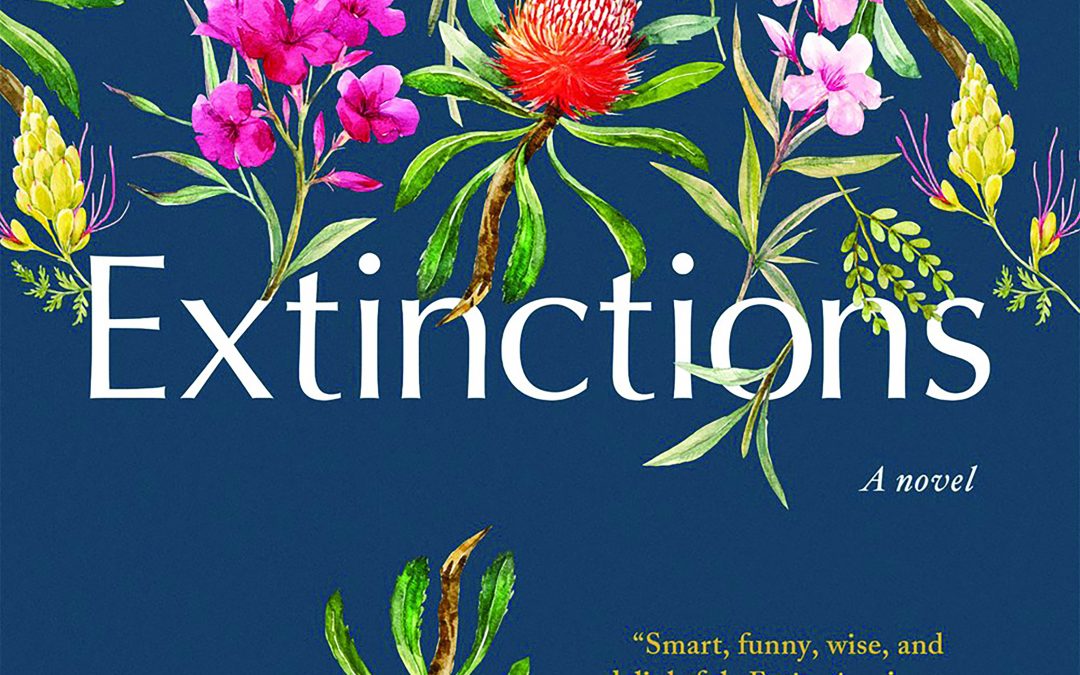By Josephine Wilson; Tin House Books, November 2018
Extinctions, the newest novel by Josephine Wilson, is a fascinating book. Most times, when reading a story, you get a sense of an author’s feelings and intentions regarding their characters. With Extinctions, however, the characters are presented in such an objective and unflinching way that you don’t get any sense of that kind of intent. Warts and all, they are what they are, and we get a peek inside their heads to try and find out why.
Set in Wilson’s native Australia, the story centers around the remaining members of the Lothian family, all spun off into their own private orbits after the death of the family matriarch, Martha. Frederick, the father and retired engineering professor, has moved into a retirement village he detests. He has jam-packed his place, not with mementos of family or friends, but with objects he feels more connected to: constructs of architecture, engineering, and design. His daughter, Caroline, has been estranged to him ever since secrets came out regarding her adoption at the tail end of the “Stolen Children” years in Australia (when mixed-race Aboriginal children were forcibly removed from their families); his son, Callum, is distant for different-but-equally-sad reasons. But when the winds of change blow into Frederick’s life (via his next-door neighbor, Jan) everyone is affected, as Frederick starts to question the way he’s lived his life and the impact it has had on his family.
One of the things that makes the book so fascinating is that the characters seem created to evoke a reaction based upon the reader’s own personal experiences; you might recognize a Frederick or a Caroline or a Jan in your life, past or present. The Lothian family’s flaws are not presented as statements on their character, but rather as part of who they are. You either identify with them or you don’t, find their motivations understandable or not; Wilson isn’t presenting excuses or offering easy answers. Like real life, there are no pat resolutions here, which, while unsatisfying, feels real. It’s not escapism reading, but it is good reading.






